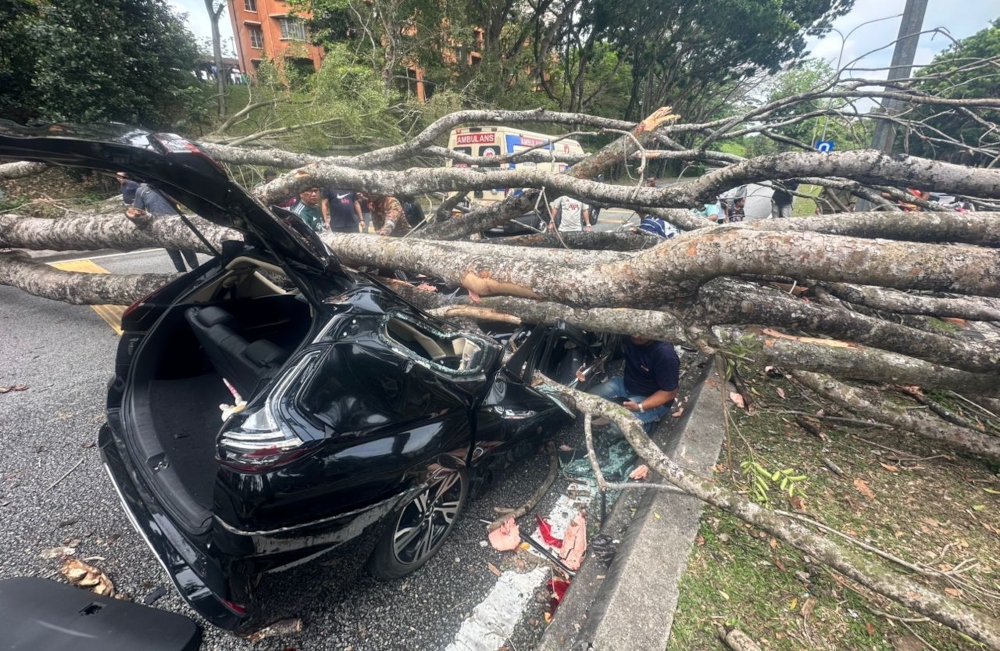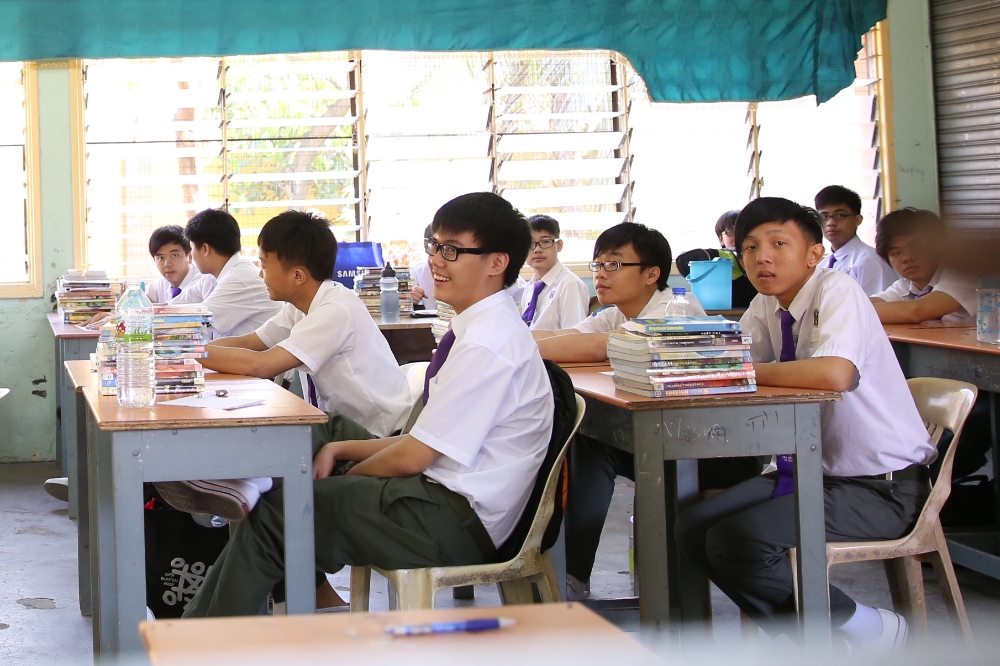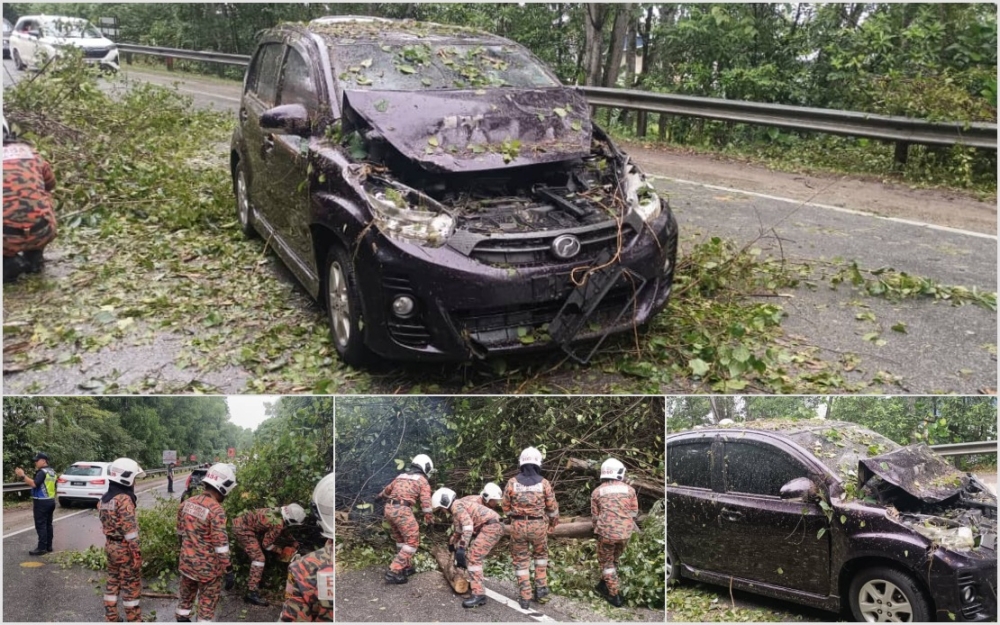KUALA LUMPUR, Feb 13 ― In a move that seems somewhat myopic, the government’s new sex education module for teenagers aims to prevent teen pregnancies by teaching them how to identify and avoid “risky behaviour.”
“Modul Pekerti”, the brainchild of the The National Population and Family Development Board (LPPKN), will focus on “preventing” students from engaging in any sexual activity.
Sex education has long been a taboo subject here in Malaysia where even being in close proximity with a member of the opposite sex, who is not a spouse or a family member, is considered an offence for Muslims.
But the rising number of teen pregnancies as well as baby-dumping cases in recent years has led to various efforts to address the issue. This includes the setting-up of baby hatches, a safe place for mothers to leave unwanted babies, as well as a school for pregnant teens in Malacca.
Between January and March last year, a total of 1,048 teen pregnancies were reported.
“Sex can happen any time. The module educates teenagers on risks that can lead to sex.. how you behave can lead to sex,” Dr Hamizah Mohd Hassan told The Malay Mail Online in a recent interview.
Dr Hamizah, who heads LPPKN’s adolescent reproductive health unit, said that the under the module, a selected batch of Form Three students would undergo a two-day, eight-hour workshop where they will be taught the consequences of having premarital sex; unwanted pregnancies, sexually-transmitted diseases (STDs) as well as alienation from society.
She said students would be taught how to identify situations and conditions under which they might be tempted into having sex through a “yellow warning” and “red warning” categorisation.
“Yellow warning means that sex will come not so soon, maybe next month or next year.
“Having a boyfriend or girlfriend is a yellow warning, that means you are dating or thinking of having a date and that may lead to sex,” Dr Hamizah said. She added that preventive measures which can be taken at this stage include teenage couples always being in public areas and to bring along friends or relatives during an outing. In other words, they should always be chaperoned.
A “red warning”, however, is when a couple finds themselves in a situation where they are alone and where things might get “out of hand.”
“In this situation the module teaches them techniques on how to refrain from having sex to rejecting a sexual advance.
“This ranges from creating an excuse to firmly telling the other partner that he/she is not ready to have sex,” explained the LPPKN officer, who also said that students are taught how to reject any sexual proposal "gently" without hurting the feelings of or affecting the relationship of the partner.
“Teenagers are in love. You cannot teach them just to break off. What we do is educate them on the various possible scenarios and their responsibilities and how to respect their bodies,” she said.
But when asked whether the module would also teach teenagers about “safe sex” and the proper use of contraceptives, Dr Hamizah said only a small section of the module would focus on that.
“The module is about preventing sex. We do talk about safe sex, but the demonstration of how to wear a condom for example is not allowed in schools,” she explained.
The module is only for secondary school students, while a selected batch of Year Six students will be taught basic biology on the human body's reproductive system. The module is expected to kick off this September.



















